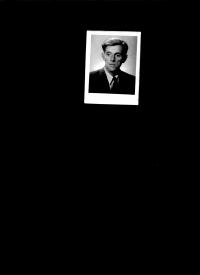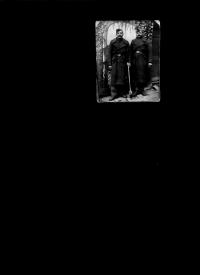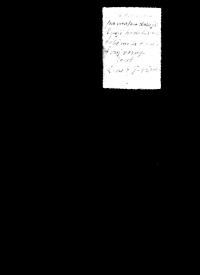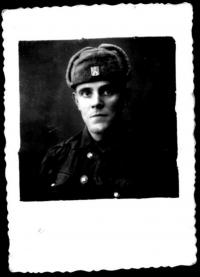In order that a terrible war didn‘t repeat, the country and peace were being protected

Stáhnout obrázek
The second lieutenant in retirement Josef Vedral was born on Volyně in the village Ostrov, the district Sienkiewiczovka on April 15, 1915. He attended a Polish school. Then he started four years of pork butcher apprenticeship in Horochov. In 1944 he got to know about forming the army of Volyně Czechs and he joined in. As an infantry member he took part in the toughest fights at Machnowka within the Carpathian-Dukla operation. At the end of the war he was transferred to the Žatec area where he took part in supervising peace in the then Sudetes. He settled with his wife in Damnice in South Moravia. Their son born on Volyně graduated from the Military Academy in Brno and worked in Temelín and Dukovany power stations. The next two children were born to the Vedrals in Czechoslovakia.



